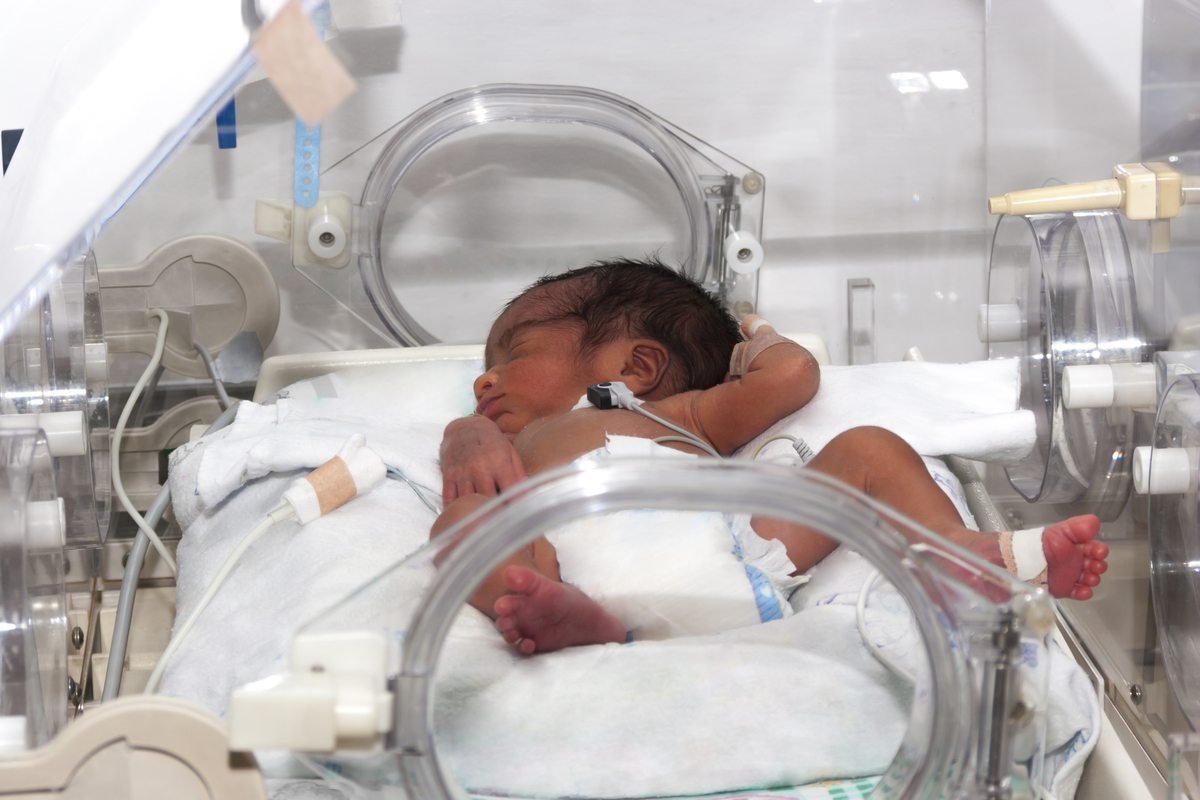Jumoke Olasunkanmi
To mark World Prematurity Day, the World Health Organisation (WHO) has emphasised that complications arising from preterm births remains the leading cause of infant mortality worldwide, particularly affecting low-income countries.
It reported that in 2020, 13.4 million babies were born before 37 weeks of gestation, accounting for over one in ten births globally, while approximately 900,000 children died as a result of premature birth to complications in 2019 alone.
Additionally, WHO report showed that surviving children may face lifelong disabilities such as visual and hearing impairment.
The burden of premature birth is often brunt by low-income and middle-income countries as the majority of premature births are recorded in southern Asia and Sub-Saharan Africa, it added.
WHO also noted that children born in these regions have lower chances of survival as inequalities in survival rates persist as a result of inadequate, cost-effective care where basic necessities such as warmth, breastfeeding support and essential care for infections and respiratory issues are often lacking.
“There is a dramatic difference in survival of premature babies depending on where they are born. For example, more than 90% of extremely preterm babies (less than 28 weeks) born in low-income countries die within the first few days of life, yet less than 10% of extremely preterm babies die in high-income settings.”
The WHO further highlighted that the escalating burden of disability among preterm babies who survive the neonatal period can be attributed to the suboptimal technology utilisation in middle-income settings.
It advised that in view of the World Prematurity Day today, it is important to underscore the importance of providing women and infants with high-quality healthcare before, during, and after childbirth.



